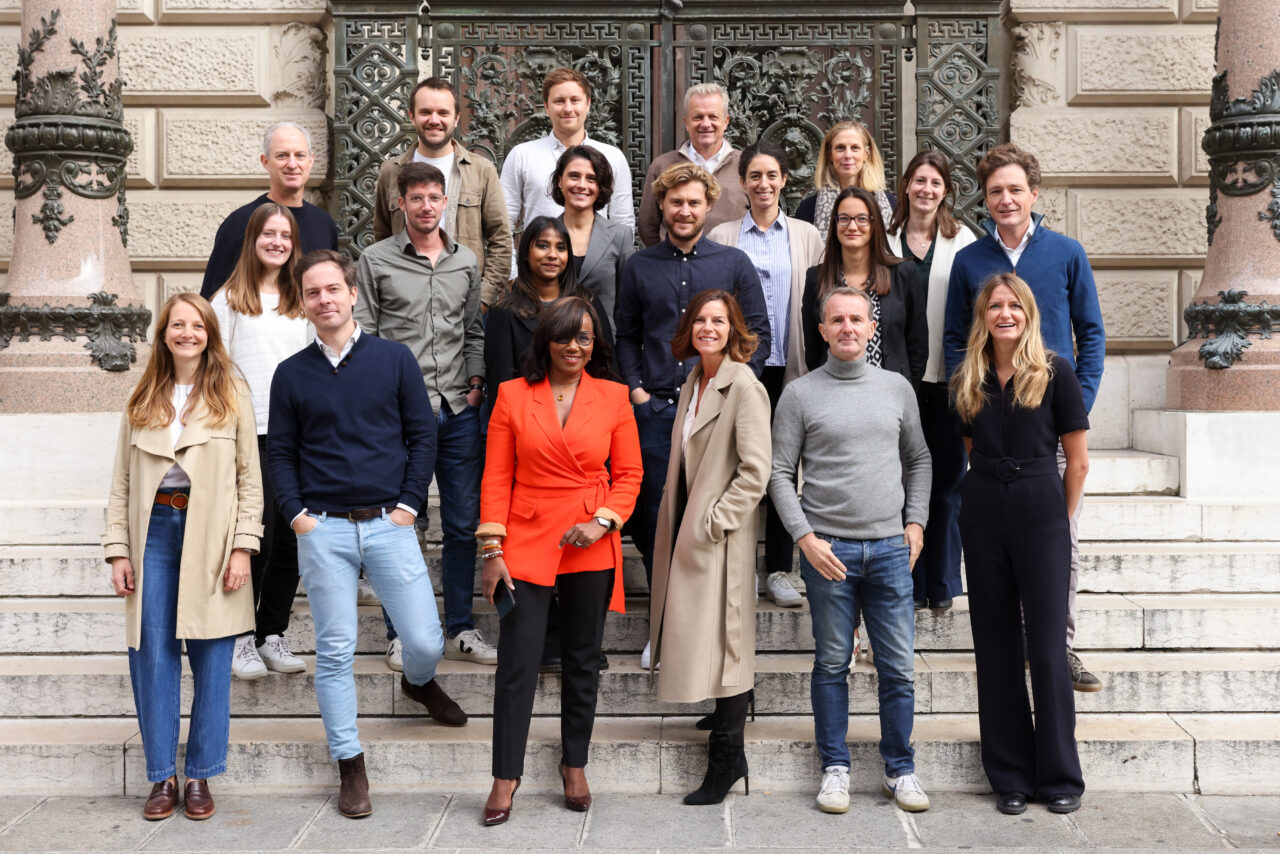Impact investors Ring Capital have hired former French minister Elisabeth Moreno to lead the €50m Ring Africa fund, and teamed up with startup Mstudio as investment partners.

Paris-based Ring Capital has launched the €50m Ring Africa fund which will invest in early-stage startups, including pre-seed, seed and Series A companies, addressing both social and environmental challenges in French-speaking West African countries.
The company has partnered with Mstudio, a start-up studio based in Abidjan in Côte d’Ivoire to launch the fund, and hired former French minister Elisabeth Moreno as chair of its supervisory board as well as to chair the fund.
The fund will invest in some of Mstudio’s incubated start-ups as well as in its own proprietary deal flow.
It will focus on solutions addressing five areas; the transition to the formal economy, accessibility of goods and services, access to finance, sustainable agriculture and food and adaptation to climate change.
Nicolas Celier, Ring Capital’s co-founder and managing partner, told Impact Investor that he hoped the fund would attract institutional investors, entrepreneurs and business angels from Europe and French-speaking Africa “to create a bridge between the two continents”.
He explained that investees would benefit from Mstudio’s support, which included a structured 18-month programme as well as a strong local presence, and that Ring Capital was in the process of recruiting a dedicated investment team for the fund that would be based in Abidjan and Paris. Investees will also be assigned two seasoned African entrepreneurs as mentors to help develop their businesses.
“Ring Africa will invest in start-ups with a strong social and/or environmental impact. Its ambition is to help build an inclusive and sustainable economy in French-speaking Africa..[and] give priority to supporting female entrepreneurs and projects led by young entrepreneurs,” he said.
Former French minister to lead fund
Before being appointed minister for gender equality, diversity, and equal opportunities by France’s President Emmanuel Macron, Moreno, who was born in Cape Verde before moving to France at age seven, was vice president of Hewlett Packard’s African subsidiary.
Celier said that having Moreno on board would help the company accelerate its impact on issues of ecology, feminisation and inclusion.
“Elisabeth Moreno will oversee the deployment of Ring Africa, embodying Ring Capital’s vision and drawing on her knowledge of the entrepreneurial world, particularly on the African continent,” he added. “She will have a strategic role and will be involved in sourcing, fundraising and supporting investments.”
Speaking about the fund launch and her appointment to the board and to lead the fund, Moreno said that the futures of the African and European continents were intertwined.
“With Ring Africa, we want to play a significant part in this future by leveraging financial resources and our expertise to address the continent’s challenges. It is our collective strength and my deepest conviction: we must seek alternatives to external solutions by promoting local solutions,” she said.
Hotbed of entrepreneurship
According to Ring Capital, as one of the fastest-growing and most resilient regions in the world, French-speaking Africa offers a wealth of opportunity for venture capital.
“Africa’s population is young, connected and has a strong entrepreneurial spirit – 1.25 billion people will be under 25 in 2050 and 78% of young people want to start a business,” said Celier.
“However, venture capital has not penetrated the market to any great extent. Only 8% of the funds raised in Africa in 2023 were in French-speaking Africa. Our ambition is therefore to provide capital and support for these entrepreneurs.”
The fund has raised €1m in hard commitments to date but not made any investment yet, although Celier confirmed they already had an interesting deal flow, namely of start-ups from Mstudio.
Impact strategy
Ring Capital, which manages three other impact funds, said it invested across the board in sectors with high impact stakes such as the energy transition, circular economy, agriculture and food, inclusion and access to education, and excluded companies with potentially negative externalities and those that presented risks at three levels: sector, activity and practices.
The company selects what it describes as ‘impact-native’ companies based on the four criteria of intentionality, measurability, additionality and impact potential and defines an extra-financial business plan with its investees’ management teams that is based on two to five impact performance KPIs directly correlated to the company’s product or service.
“To illustrate this using the case of Ring Africa, in addition to the KPIs we’ll determine for each of our investments, we will also use two other KPIs for startups from Mstudio. These include the number of informal economy jobs supported and the number of women supported among them,” he said.
The impact KPIs and business plans are approved by an impact committee comprised of Ring Capital’s advisory committee members and scrutinised by its independent impact advisory board. The company also uses external experts and auditors for the definition of impact KPIs and conducts a yearly audit of the impact KPIs and business plans to ensure they remain on-track. In addition, 50% of the investment team’s carried interest is linked to impact performance.






